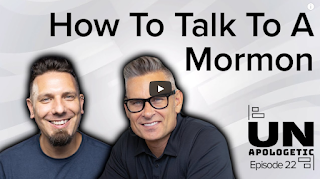One more on dysgenics
In the last post I addressed dysgenics as presented by Edward Dutton in his most recent book, Witches, Feminism, and the Fall of the West . He argued that reduced evolutionary selection pressures since the late 1800s has weakened average cognitive ability, resulting in lower fitness individuals who push for self-destructive societal beliefs and behaviors. I found no evidence for the central claim that intelligence has been in decline since the Industrial Revolution, and dismissed his argument. Here I will try to address a more reasonable framing of the dysgenics hypothesis. I am learning as I go from a fairly naïve position, so please let me know if my ideas have already been debunked elsewhere, or discussed in greater detail previously. My investigation of Dutton was in response to a VoegelinView article and Orthosphere follow-up essay by Dr. Richard Cocks, both of which treated Dutton's ideas as scientifically credible. Despite my difference of opinion, Dr. Co...


